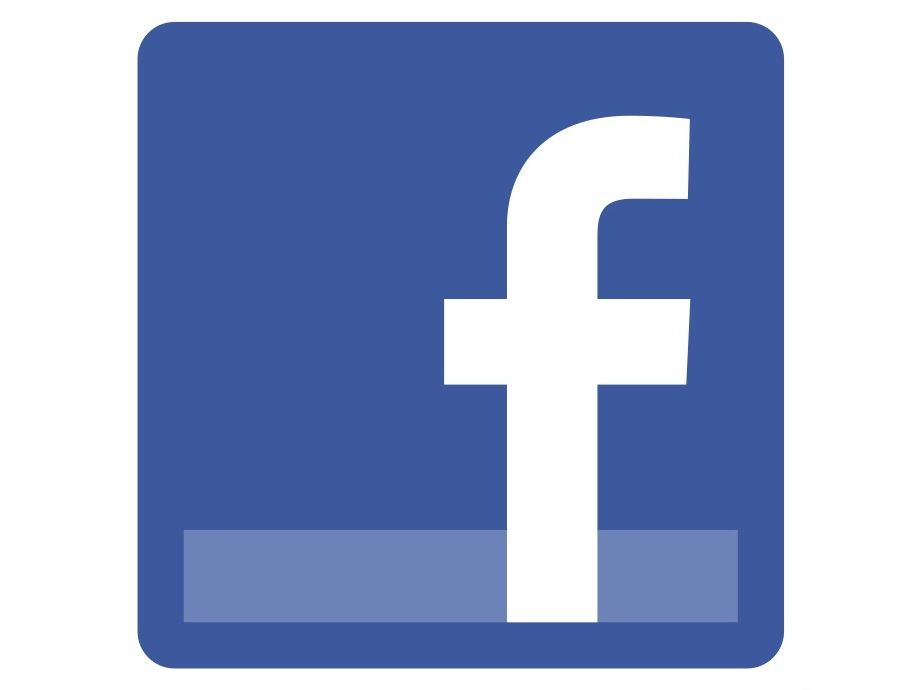Facebook Inc. (NASDAQ: FB) admits in the “risk factors” of its 10K, that it could suffer a related problem:
Computer malware, viruses, and computer hacking and phishing attacks have become more prevalent in our industry, have occurred on our systems in the past, and may occur on our systems in the future. Because of our prominence, we believe that we are a particularly attractive target for such attacks. Though it is difficult to determine what, if any, harm may directly result from any specific interruption or attack, any failure to maintain performance, reliability, security, and availability of our products and technical infrastructure. Any such failure may harm our reputation, our ability to retain existing users and attract new users, and our results of operations.
How sophisticated have hackers become? Very. Concerns have arisen that Russian cyber-criminals have already hacked into the U.S. power grid and eventually could interrupt the flow of electricity around the country. However, the ultimate hack is Facebook, which with its over 1.3 billion members, has become a worldwide means of communication and been largely a hack-proof system — at least so far.
A large hack of Facebook would not mean a great deal in terms of the revenue posted by America’s largest companies. In the most recent quarter, Facebook reported revenue of $3.2 billion. Investors in Facebook would suffer, though. Its market cap sits at just over $210 billion and has grown recently.
How important is Facebook as a means of communications and an e-commerce platform? Pew recently described the power of Facebook as a distribution system:
Last month’s report from the Pew Research Center on political polarization and media habits shows that social media is a prominent way people learn about government and politics. Indeed, this recent survey shows that 48% of internet-using adults reported getting news from Facebook in the previous week, rivaling well-known news media organizations. New data released here support the notion that two of the most prominent social networking sites, Facebook and Twitter, function very differently as sources of political information.
The firm’s research covers Facebook’s use just in America, not elsewhere across the world.
Another reason a large hack of Facebook would trigger huge concern is the absolutely fair assumption that the social network devotes a substantial amount of money and resources to keep its network safe, as well as member files that include personal information and often financial data like credit card numbers. Facebook can ill-afford an outage that lasts for any long period, or one that compromises its members’ financial data. No matter how strong its software protection is, the Sony Pictures hack reveals that no protection wall against hackers can be built high enough or strong enough.
If hackers want to take down what is perhaps the most visible network in the world and prove how adept they are at breaching software that keeps the Internet safe, they will hack Facebook.
ALSO READ: 9 Analyst Stock Picks Under $10 With Massive Upside Calls
Are You Ahead, or Behind on Retirement? (sponsor)
If you’re one of the over 4 Million Americans set to retire this year, you may want to pay attention.
Finding a financial advisor who puts your interest first can be the difference between a rich retirement and barely getting by, and today it’s easier than ever. SmartAsset’s free tool matches you with up to three fiduciary financial advisors that serve your area in minutes. Each advisor has been carefully vetted, and must act in your best interests. Start your search now.
Don’t waste another minute; get started right here and help your retirement dreams become a retirement reality.
Thank you for reading! Have some feedback for us?
Contact the 24/7 Wall St. editorial team.





